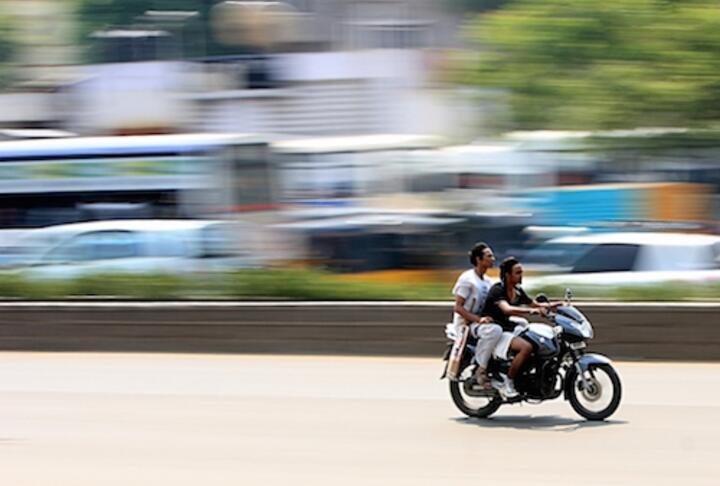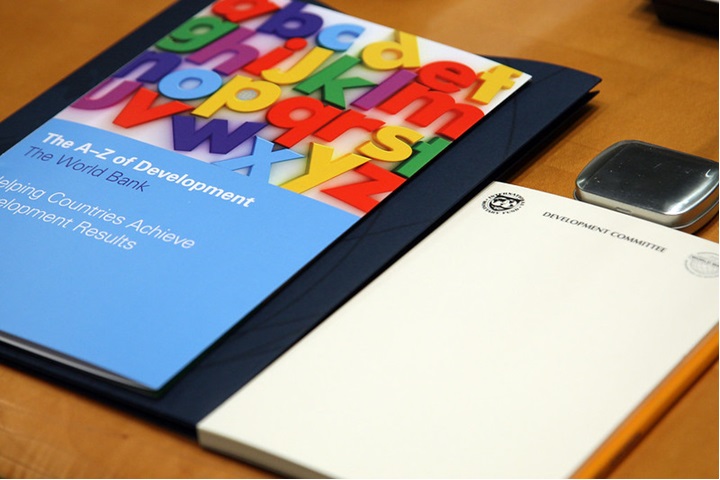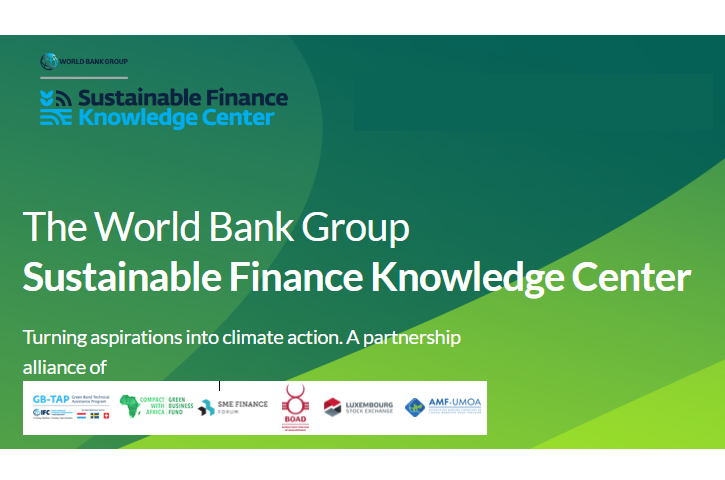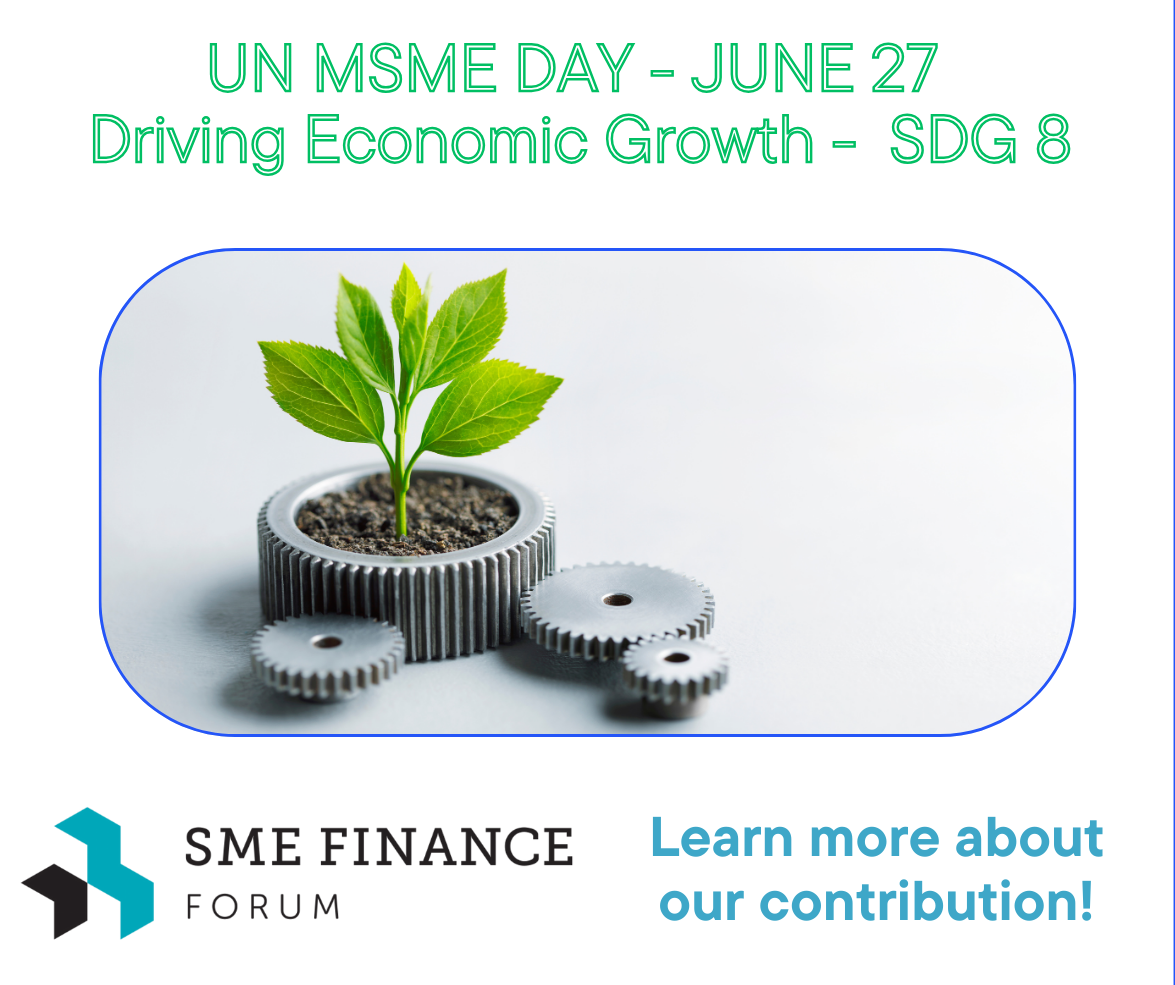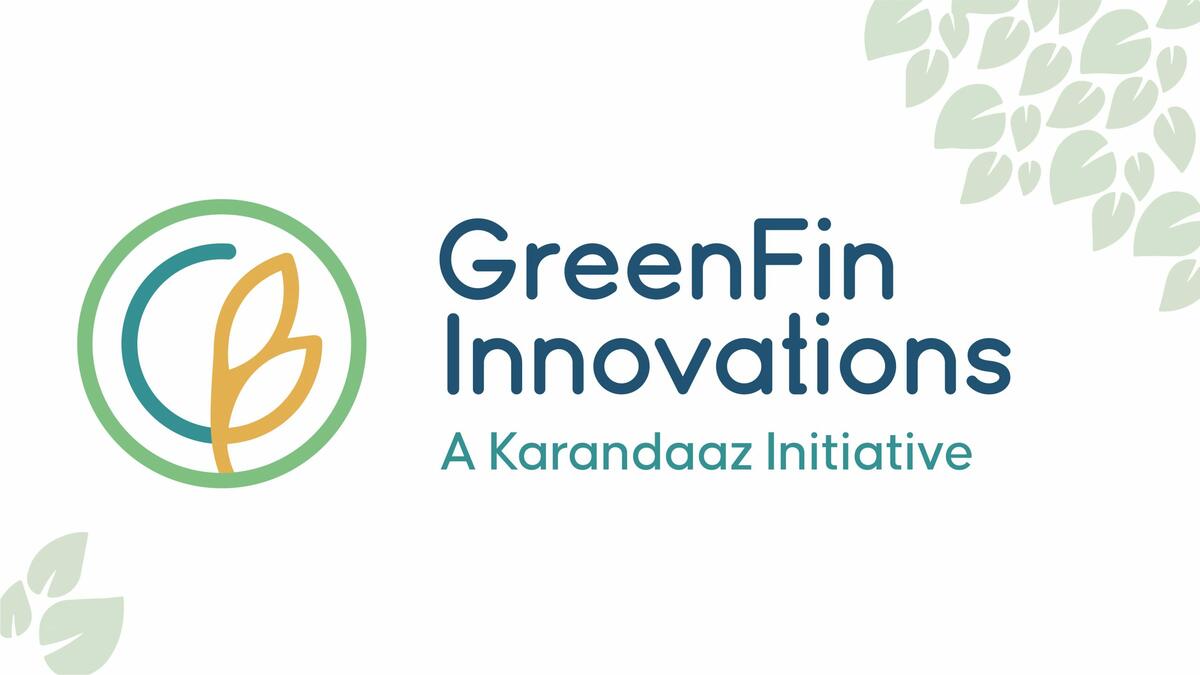“Before any farmer can ask for a loan, he has to produce, one - land records, two - records of rights, three - no dues from the government, four - records of all land revenue paid, five - land valuation certificates, six - no dues from agricultural societies, seven - permission from court if applicant is a minor and eighth (and here is the best part!) - No Dues Certificates from all the other 9 banks in the area.”
The above quote is taken from Sir Mark Tully’s 2003 bestseller “India in Slow Motion,” which dealt with the challenges facing India, and the pace at which the country was addressing them. But in the years since it was published, India has adopted a fast-forward approach to many issues that make Sir Tully’s observations seem somewhat dated. Nowhere is this more evident than in the country’s efforts to advance financial inclusion.
For the last ten months or so, the pace of financial inclusion initiatives in India has been supersonic. Policy decisions at the top levels of government are implemented on the ground with minimal time lag, boosting India’s financial inclusion landscape through new institutions and programmes like Pradhan Mantri Jan-Dhan Yojana (PMJDY), Payment Banks, Small Finance Banks, and the microfinance refinance bank Pradhan Mantri Mudra Yojana. Since August of last year, banks in India have opened 147 million new bank accounts under PMJDY, with over 18 million new accounts opened in a single week in August – a Guinness World Record. According to the global FINDEX 2014 numbers, 53 percent of adults in India now have at least one bank account - growth that is largely attributed to PMJDY.


